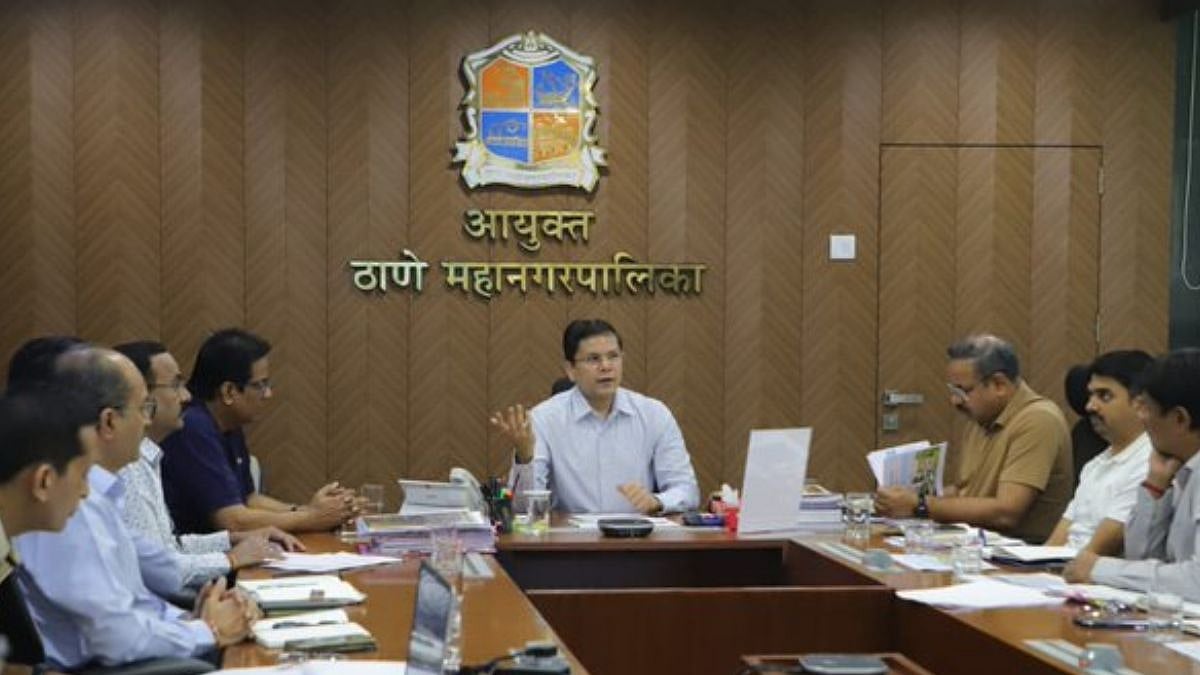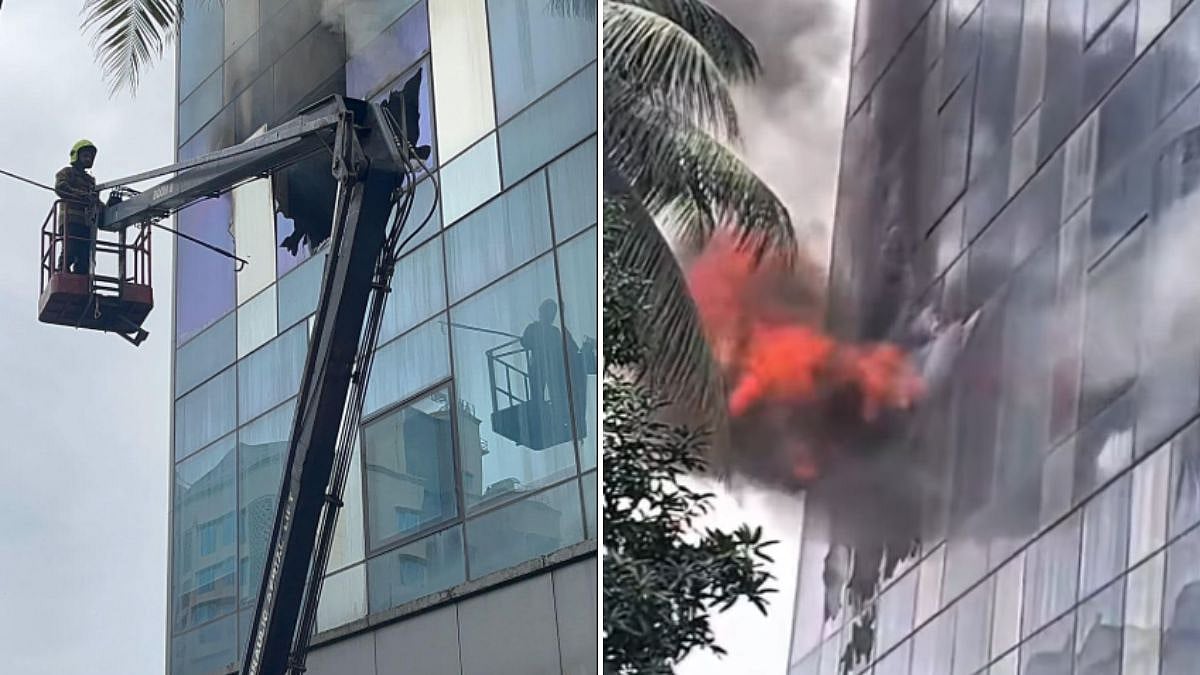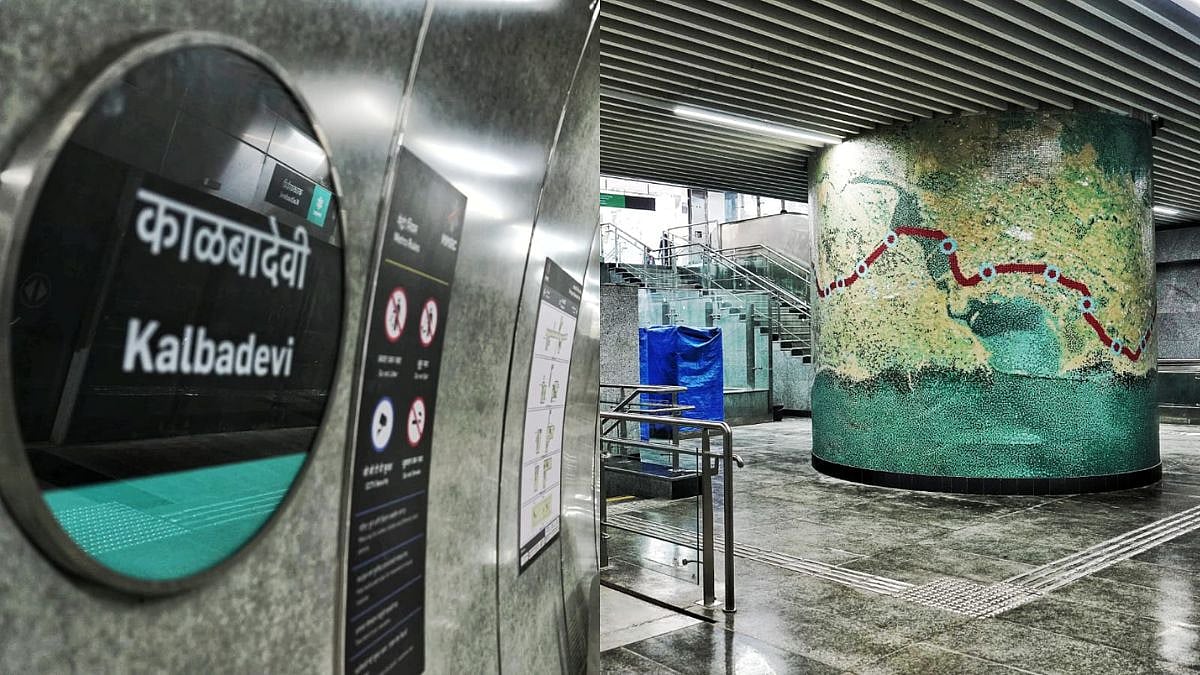Mumbai: The Enforcement Directorate (ED) on Thursday conducted searches at over 35 locations in Mumbai linked to entities of the Reliance Anil Ambani Group of Companies (RAAGA), as part of its ongoing probe into alleged money laundering involving over Rs24,000 crore, officials confirmed.
The searches, conducted under Section 17 of the Prevention of Money Laundering Act (PMLA), are focused on senior executives associated with RAAGA. The ED is examining financial transactions involving more than 50 companies and 25 individuals. Notably, the Mumbai residence of industrialist Anil Ambani has not been covered in the operation, sources clarified.
The group (Reliance - Anil Ambani) has distanced itself from the ongoing probe. In an official statement, the group clarified that Anil Ambani had resigned from the board of Reliance Communications (RCOM) in 2019 and currently holds no board position in either RCOM or Reliance Home Finance Ltd (RHFL).
“RCOM and RHFL are not part of the current Reliance Group led by Anil Ambani. RCOM has been undergoing Corporate Insolvency Resolution Process (CIRP) under the Insolvency and Bankruptcy Code, 2016 for over six years. RHFL has been fully resolved pursuant to the judgment of the Hon’ble Supreme Court of India. As of now, the Reliance Group comprises only two listed entities, Reliance Infrastructure Ltd and Reliance Power Ltd. The ongoing proceedings have no impact on their operations, financial performance, or stakeholders,” the statement added.
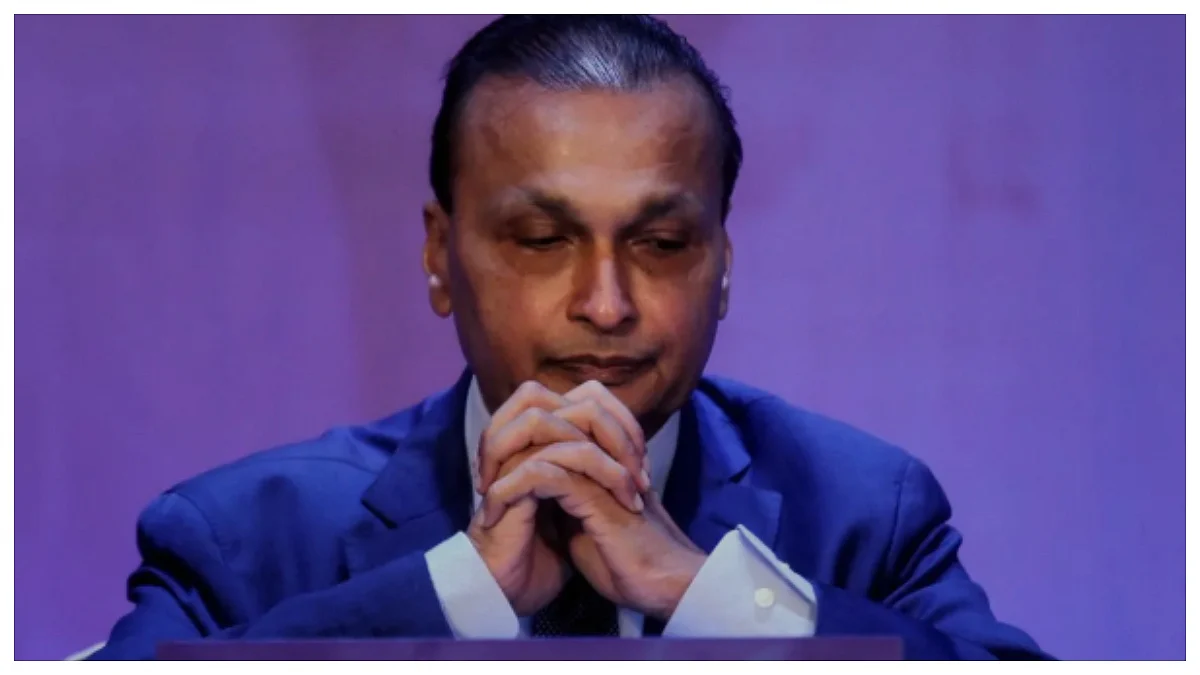
Officials said the ED action was initiated based on inputs from multiple agencies including the National Housing Bank, the Securities and Exchange Board of India (SEBI), the National Financial Reporting Authority (NFRA), and the Bank of Baroda.
A senior ED official said that preliminary findings indicated a scheme to divert public funds by misleading banks, shareholders, and other institutions. The agency is also probing alleged bribes paid to bank officials, including to a promoter of Yes Bank.
Officials further confirmed that Ambani is facing a separate investigation under the Foreign Exchange Management Act (FEMA) for suspected violations involving offshore transactions.
At the heart of the investigation is a suspected financial fraud involving Yes Bank Ltd, with evidence indicating loan diversions of nearly Rs 3,000 crore between 2017 and 2019. ED’s probe suggests that, prior to the disbursal of these loans to companies under RAAGA, entities affiliated with Yes Bank’s promoters received funds in their private concerns, indicating a possible collusive arrangement.
The investigation has revealed serious lapses in the loan sanctioning process, including the use of backdated credit approval documents, absence of due diligence, and instances where loans were approved even before formal applications were submitted.
Funds were allegedly diverted to shell companies and entities with overlapping directors and registered addresses, raising red flags over a potential "evergreening" strategy designed to conceal defaults and artificially sustain asset quality.
The role of Yes Bank’s senior officials, including its promoter, is under the scanner for their alleged involvement in facilitating these high-value unsecured loans in exchange for bribes.
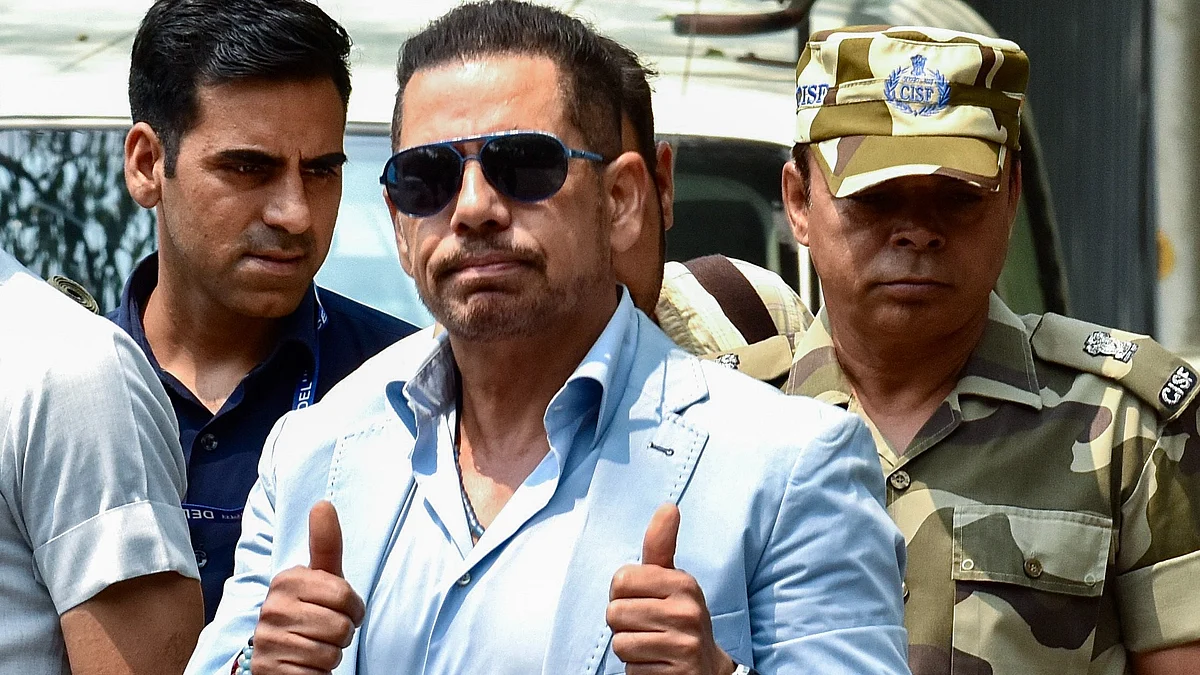
The ED has identified loans issued by Yes Bank, Canara Bank, and Bank of Baroda to RAAGA-linked entities. Officials say Canara Bank alone incurred a loss of over Rs 1,050 crore due to suspected fraud by RCom.
Reliance Communications is under ED’s scrutiny for loan fraud exceeding Rs14,000 crore, impacting multiple public sector lenders.
In a significant disclosure to the Parliament, Minister of State for Finance Pankaj Chaudhary stated that the State Bank of India (SBI) has officially classified RCom and Anil Ambani as “fraudulent” under RBI guidelines. SBI has informed the Reserve Bank and is preparing a complaint to the Central Bureau of Investigation (CBI).
Another leg of the investigation involves a Rs 2,850 crore investment made by Reliance Mutual Fund in Yes Bank’s AT-1 bonds. The ED suspects these investments may have been part of a quid pro quo arrangement, potentially benefiting both bank officials and borrower companies in return for regulatory or financial favours.
The ED is also probing transactions by Reliance Infrastructure Ltd, which allegedly routed large sums disguised as Inter-Corporate Deposits (ICDs) to RAAGA-linked entities through an undisclosed related-party company dubbed “C Company.”
Investigators believe “C Company” was deliberately excluded from official disclosures to bypass audit oversight and shareholder approval, violating key corporate governance norms.
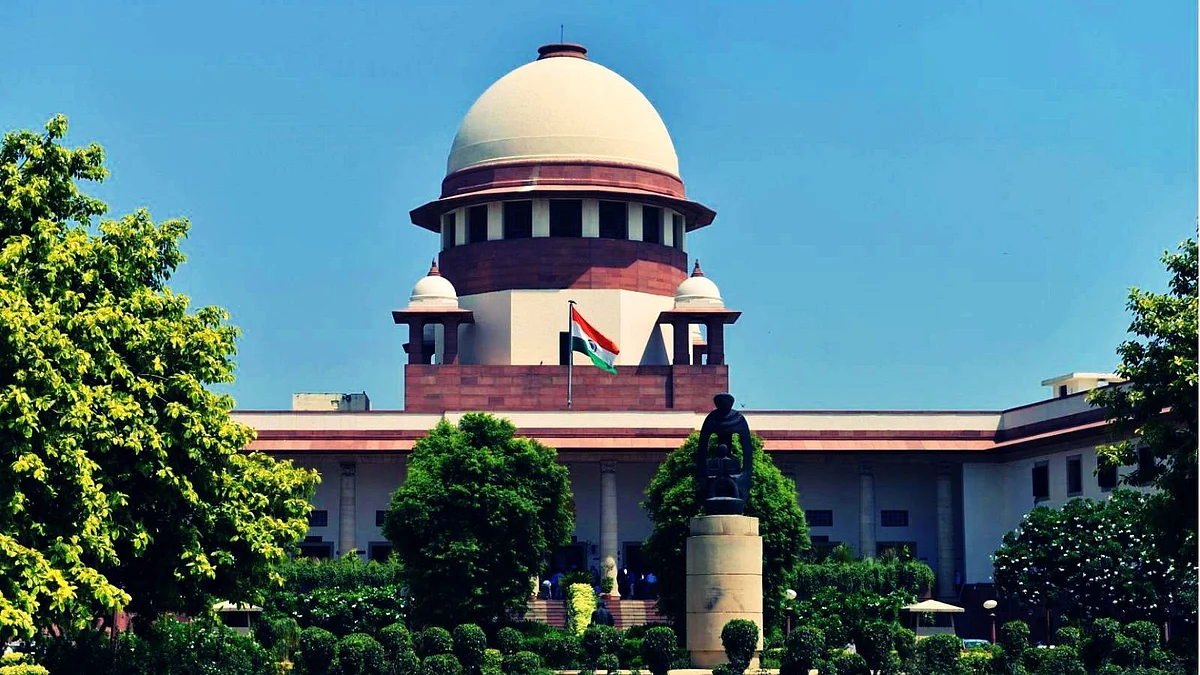
As part of this suspected diversion, Reliance Infra reportedly took a Rs 5,480 crore haircut, recovering only Rs 4 crore in cash, while settling the remaining Rs 6,499 crore through rights in defunct power distribution firms that haven’t operated in years. Officials believe the recovery prospects of these diverted funds are minimal.




